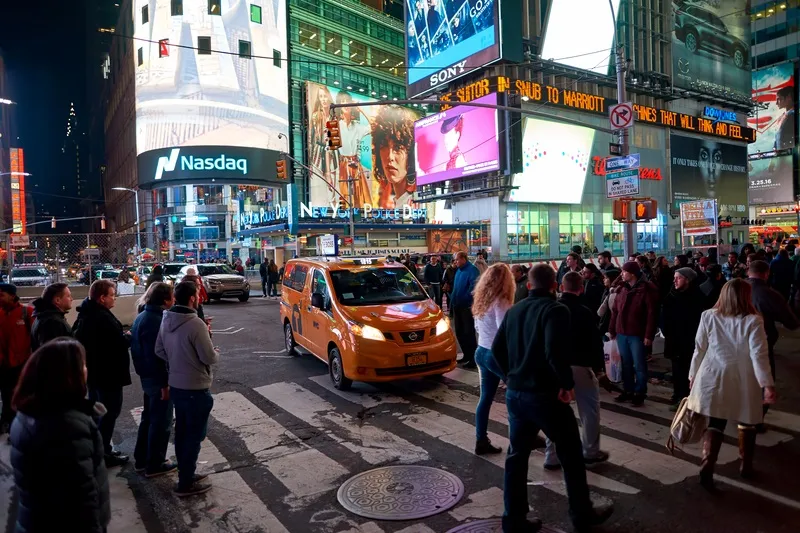Seven out of 10 (70 per cent) UK drivers say they are more likely to drive by rather than park in a bay which requires payment by phone, according to a survey by the Automobile Association (
The AA-Populus Driver Poll of more than 16,500 members carried out last month, found that cash is still the preferred option for those looking to pay for parking.
Despite their preference to use cash, around two thirds of drivers say that it is often a challenge to find the right change for parking, which may be due to machines which do not give change. In addition, AA research has discovered that more than one in five local councils has not yet installed the software necessary to accept the new £1 coin.
Responding to the AA, many councils indicated that they intended to introduce new ‘pay-by-phone’ systems. However, more than two fifths of drivers say that they would find this change a problem as they mainly pay for things by cash, while 70 per cent are sceptical about using such systems as they often carry an additional administration fee.
Jack Cousens, head of roads policy for the AA, says: “Parking in town centres can be troublesome at the best of times. Not only can it be a struggle to find a space but now, when you do find one, you may be required to talk to an automated system to pay the charge – not ideal if you have an appointment or just want to get in and get out quickly.
“More than half of drivers don’t care how they pay, as long as it is easy to do so. Putting administration fees on parking, not yet accepting the new £1 coin, having to enter your registration number or failing to provide change are all stumbling blocks our struggling high streets cannot afford if they deter potential customers.
“All providers should make it easier to pay for parking. Not everyone has a smartphone to pay via an app and not everyone is keen to talk to a robot to pay for an hour’s stay. For the elderly and low income drivers, pay by phone feels almost discriminatory.”
Responding to the survey, a
“As the AA’s own research shows, 76 per cent of councils in England have already converted the parking machines they’re responsible for to accept the new £1 coin. Others are well on the way towards doing so. But having a range of options to pay for parking, for residents and visitors, is the best way for councils to serve the needs of their local communities.”
Make it easier to pay for parking, says AA
Seven out of 10 (70 per cent) UK drivers say they are more likely to drive by rather than park in a bay which requires payment by phone, according to a survey by the Automobile Association (AA). The AA-Populus Driver Poll of more than 16,500 members carried out last month, found that cash is still the preferred option for those looking to pay for parking. Despite their preference to use cash, around two thirds of drivers say that it is often a challenge to find the right change for parking, which may be due
August 9, 2017
Read time: 3 mins







